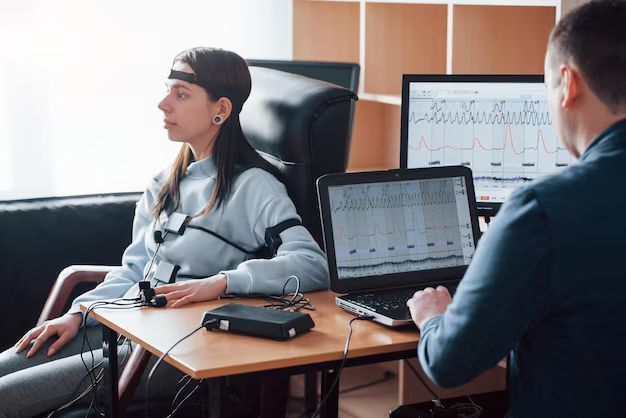How to Become a Cardiac Device Specialist: Essential Education and Certification
Pursuing a career as a Cardiac Device Specialist is both rewarding and impactful, playing a crucial role in the healthcare industry by supporting the function and management of life-saving cardiac devices. This path typically begins with obtaining a solid educational foundation, often requiring at least an associate's degree in cardiovascular technology, biomedical engineering, or a related field. Further increasing your expertise and marketability, a bachelor’s degree in these areas is highly recommended, offering in-depth knowledge and hands-on experience with cardiac devices and patient care.
To bolster your credentials, obtaining industry certifications is essential. Certification from the International Board of Heart Rhythm Examiners (IBHRE) is commonly pursued, demonstrating your proficiency and up-to-date knowledge in cardiac device management. Additionally, hands-on experience through internships or clinical placements is invaluable, offering real-world insights and refining your technical skills. Accumulating these degrees and certifications not only sets you apart in this competitive field but also equips you with the robust expertise needed to excel.
Key Academic and Professional Requirements for a Cardiac Device Specialist:
- 🎓 Associate's Degree: Cardiovascular Technology or Biomedical Engineering
- 🎓 Bachelor’s Degree (Recommended): In-depth focus in relevant scientific fields
- 📜 Certification: IBHRE certification to demonstrate proficiency
- 🏥 Clinical Experience: Internships or placements in real-world settings
Embarking on this educational journey and earning these qualifications will lay a strong foundation for a successful career as a Cardiac Device Specialist.
